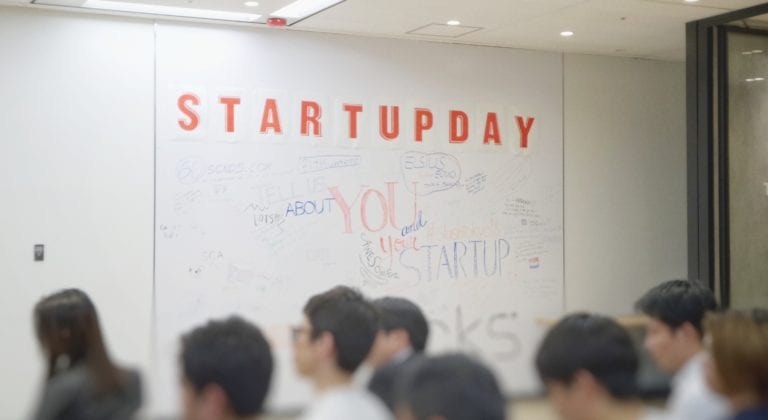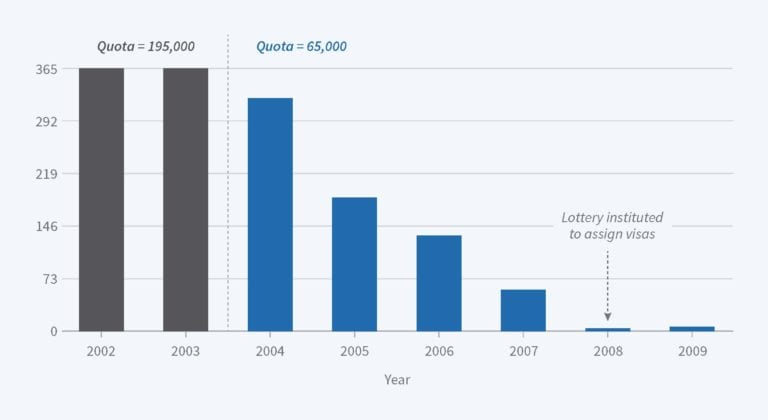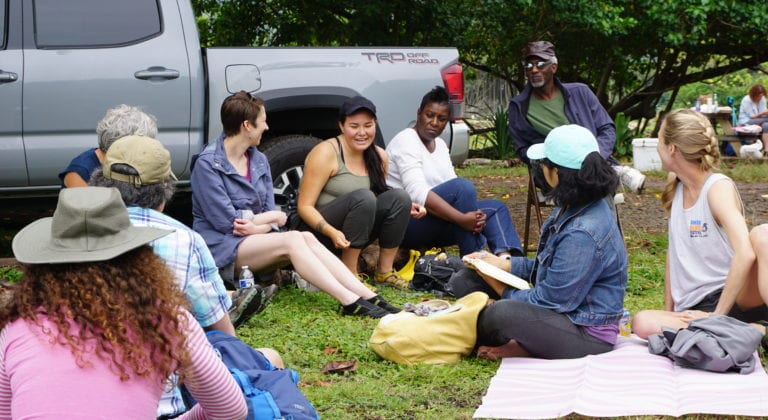We use Annual Survey of Entrepreneurs to measure innovation behavior in high-tech industries. Immigrant-owned firms display uniformly higher rates of innovation in for 15 of 16 different innovation measures – the only exception is for copyright/trademark – and the immigrant advantage holds for older firms as well as for recent start-ups and for every level… Read More »








